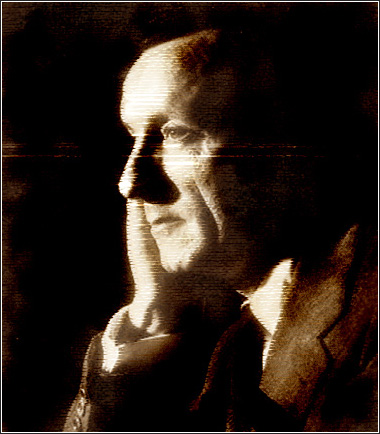
In his existential work, Phenomenology of Perception, Maurice Merleau-Ponty (1908-1961), writes about objective conditions of class and their relations with consciousness:
Let us suppose that I have a certain style of living, being at the mercy of booms and slumps, not being free to do as I like, receiving a weekly wage, having no control over either the conditions or the products of my work, and consequently feeling a stranger in my factory, my nation and my life. I have acquired the habit of reckoning with a fatum, or appointed order, which I do not respect, but which I have to humour…My fellow workers in factory or field, or other farmers, do the same work as I do in comparable conditions; we co-exist in the same situation and fee alike, not in virtue of some comparison, as if each one of us lived primarily within himself, but on the basis of our tasks and gestures. These situations do not imply any express evaluation, and if there is a tacit evaluation, it represents the thrust of freedom devoid of any project against unknown obstacles; one cannot in any case talk about a choice, for in [these] cases it is enough that I should be born into the world and that I exist in order to experience my life as full of difficulties and constraints–I do not choose so to experience it. But this state of affairs can persist without my becoming class-conscious, understanding that I am of the proletariat and becoming a revolutionary. How then am I to make this change?…Social space begins to acquire a magnetic field, and a region of the exploited is seen to appear. At every pressure felt from any quarter of the social horizon, the process of regrouping becomes clearly discernible beyond ideologies and various occupations. Class is coming into being, and we say that a situation is revolutionary when the connection objectively existing between the sections of the proletariat…is finally experienced in perception as a common obstacle to the existence of each and every one…Both idealism and objective thinking fail to pin down the coming into being of class consciousness, the former because it deduces actual existence from consciousness, the latter because it derives consciousness from de facto existence, and both because they overlook the relationship of motivation (515-17, 520, bold is mine).
Reference
Merleau-Ponty, Maurice. 2002. Phenomenology of Perception. Translated by Colin Smith. New York: Routledge Classics.